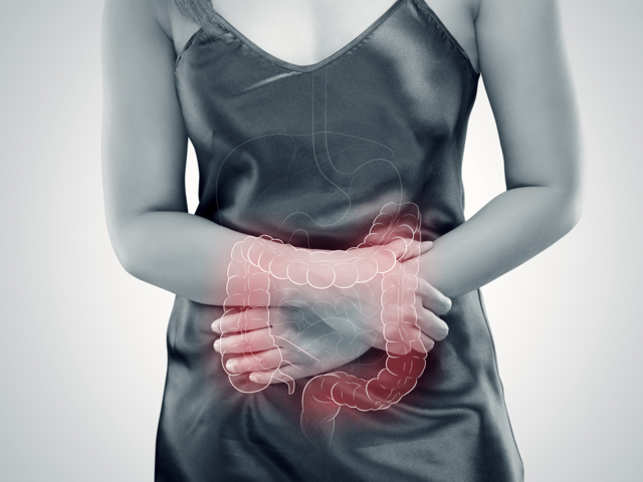Medications Can Be Thwarted By What’s In Your Gut
Have you ever wondered why sometimes it takes so long for a medication to work or why some medications may not appear to work at all?
Would you believe me if I told you that the reason just might be your gut, or more specifically, what’s in your gut?
Check out this report:
- Medications have varying effects on different patients
- Some lose a lot of their potency before they get to their targets, such as L-dopa, a Parkinson’s drug, of which only one to five percent reaches the brain
- A new Harvard University study found that one particular species of gut bacteria actually ‘eats’ the oral dose of dopamine before it gets to the brain
- This suggests that the varying effectiveness of many drugs may depend on our unique gut bacteria profiles
- The scientists’ discovery also adds another piece to the gut-brain connection puzzle, as dopamine is a neurotransmitter
Gut microbes may gobble up the medications we take before drugs have a chance to reach their targets, a new study suggests.
Our guts are essential to our ability to make use of all kinds of nutrients that wouldn’t otherwise be available to our systems – and the more we learn about the microbiome, the more it becomes clear it’s essential to our overall health.
But the trillions of gut bacteria that we coexist with (mostly) peacefully can work against us sometimes, too.
Researchers at Harvard University discovered that some gut bacteria can break down drugs, like those used to treat Parkinson’s disease, rendering them ineffective, or even toxic.
In another post, I talked about gut bacteria and a method of replacing it using a fecal transplant. But what do you really know about your gut bacteria?
According to WebMD:
Living inside of your gut are 300 to 500 different kinds of bacteria containing nearly 2 million genes. Paired with other tiny organisms like viruses and fungi, they make what’s known as the microbiota, or the microbiome. Like a fingerprint, each person’s microbiota is unique: The mix of bacteria in your body is different from everyone else’s mix. It’s determined partly by your mother’s microbiota — the environment that you’re exposed to at birth — and partly from your diet and lifestyle. The bacteria live throughout your body, but the ones in your gut may have the biggest impact on your well-being. They line your entire digestive system. Most live in your intestines and colon. They affect everything from your metabolism to your mood to your immune system.
In fact, I recently heard a geneticist say that a large amount of DNA in our bodies is not our own but that of the billions of bacteria that live inside us.
Not only is it being discovered that some gut bacteria may actually feed on certain medications but gut bacteria have also been linked in some ways to type 2 diabetes, heart disease, colon cancer, inflammatory bowel disease, anxiety, depression and autism.
Face it – we cannot live without our gut bacteria and sometimes we can’t live with our gut bacteria.









Recent Comments